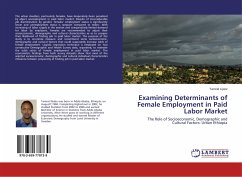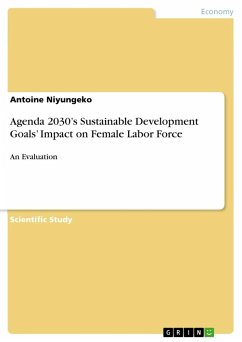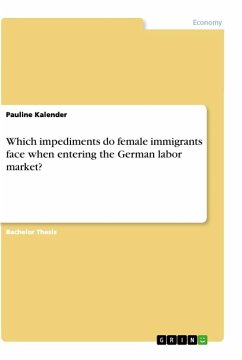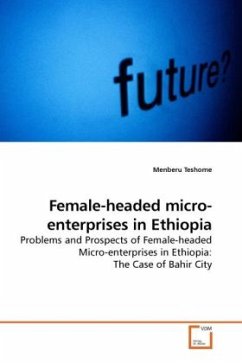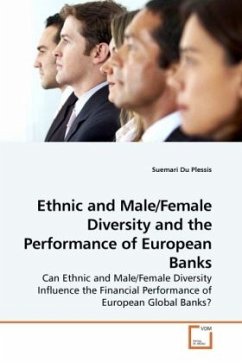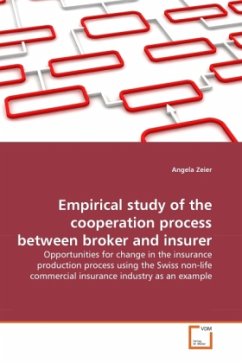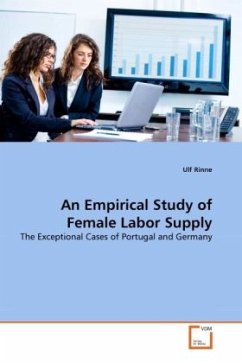
An Empirical Study of Female Labor Supply
The Exceptional Cases of Portugal and Germany
Versandkostenfrei!
Versandfertig in 6-10 Tagen
32,99 €
inkl. MwSt.

PAYBACK Punkte
16 °P sammeln!
Female labor supply has attracted enormous attention in the literature. Its dynamic development with the common trend of rising female labor force participation rates in a number of countries during the past decades can at least partly explain this fact. Nonetheless, increasing female employment is still on the agenda of policymakers around the world as it appears beneficial to the society as a whole. This book focuses on two exceptional countries in the EU with respect to female labor force participation rates: Portugal and Germany. The main focus of the analysis is whether the institutional ...
Female labor supply has attracted enormous attention in the literature. Its dynamic development with the common trend of rising female labor force participation rates in a number of countries during the past decades can at least partly explain this fact. Nonetheless, increasing female employment is still on the agenda of policymakers around the world as it appears beneficial to the society as a whole. This book focuses on two exceptional countries in the EU with respect to female labor force participation rates: Portugal and Germany. The main focus of the analysis is whether the institutional background, individual characteristics or preferences provide an explanation for the countries' exceptional status. The book surveys findings of the literature, presents information about the institutional background in the two countries, and derives a number of hypotheses. An empirical analysis allows to analyze their validity. Results support the hypothesis that Portuguese married women adjust their labor supply to a larger extent at the extensive margin than German wives. The hypothesis that German wives adjust labor supply mainly at the intensive margin can not be rejected.




